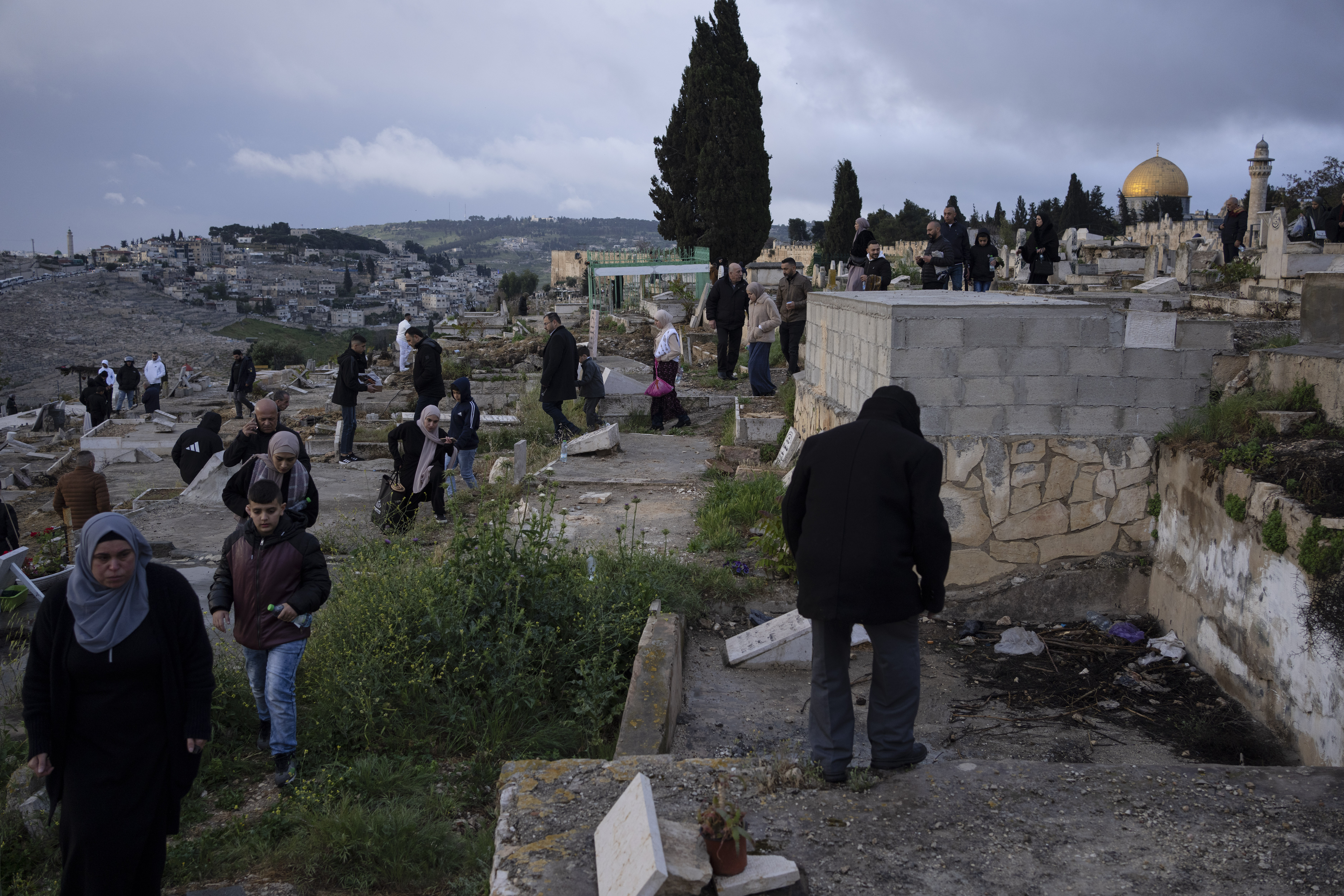
RAMALLAH - Adnan Al-Husseini, a member of the Executive Committee of the Palestine Liberation Organization and head of the Jerusalem Affairs Department, rejected on Wednesday the plan to change the current status quo in the Al-Aqsa Mosque in the eastern part of Jerusalem.
Al-Husseini told reporters that Israel's national security minister's decision to change the current situation in the Al-Aqsa Mosque is rejected and constitutes an assault on Muslims' rights and their Jordanian guardianship.
The Al-Aqsa Mosque compound, known to Jews as the Temple Mount, is regarded by Muslims as their third holiest site
His remarks came after Israel's public radio KAN reported that Itamar Ben-Gvir planned to "enhance governance in the Jerusalem holy site, granting basic rights, and preventing discrimination and racism on the Temple Mount (Al-Aqsa Mosque compound)."
The discrimination in this clause referred to limited visiting hours imposed on Jews, according to the Israeli radio.
The Al-Aqsa Mosque compound, known to Jews as the Temple Mount, is regarded by Muslims as their third holiest site. The site is supervised by the Jordanian Waqf but is located in East Jerusalem, a territory annexed by Israel after the 1967 Middle East war.
Al-Husseini added that the Islamic endowments in Jerusalem are responsible for managing the legal and historical situation in the Al-Aqsa Mosque, as well as all legal activities related to Muslims, under Jordanian sponsorship.
He claimed that the Israeli authorities and Ben Gvir "have no right to anything in Al-Aqsa and Islamic sanctities."
Jordan is responsible for overseeing the Islamic and Christian holy sites in Jerusalem according to the peace agreement signed between Jordan and Israel in 1994.


